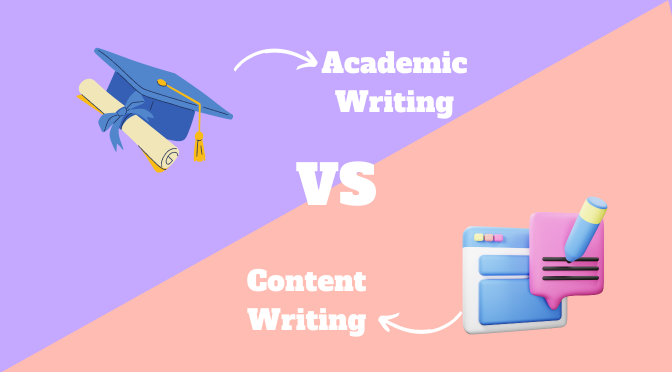What is searcher intent?
A searcher’s intent is exactly how it sounds. It is the reason why a person is searching something into a search engine. People visit search engines for many different reasons. Their intent can range from asking a question to trying to find a specific website. Deciphering what a users’ intent is can be very helpful in search engine optimisation, online marketing, and website growth.
The words people type into a search engine gives off information regarding the intent of their search. And, through the years Google has evolved to be able to decide a searcher’s intent with a high level of accuracy. The way Google decides which pages rank highest has a lot to do with if the page fits the search term and the intent of the users’ search query.
This makes it increasingly important to ensure your website matches the search intent of the audience you are trying to reach.
Why is searcher’s intent so important?
The results page for any of today’s search engines is personalised to the user based off of many factors, including their search history, location, IP address, online reading behaviour and activity.
With this in mind, it is crucial to understand how to optimise your website’s content to match the intent of a searcher.
Understanding the correct keywords and phrases to use, to ensure you are targeting the best terms to use to match a searcher’s intent is critical for getting traffic to your site.
In fact, as explained by consulting.com, successfully figuring out the search intent of your target group helps you understand what they desire. Thus, you can have a deeper insight on how to convert them easily.
The 4 different types of search intent
Informational Intent
Informational intent is when the searcher is trying to gather information, through a search engine. A large portion of the internet’s searches is people in search of information. Be it news, weather, language translation, dictionary, or finding out about a new place, the list goes on and on. When a searchers intent is defined as “informational” it is typically when someone needs the answer to a question or want to learn more about a particular topic.
Navigational Intent
Navigational intent is when someone uses a search engine to navigate to a specific website. If someone searches for YouTube on Google, they are likely on their way to YouTube’s website. With navigational intent, there is only one online destination that the user is looking to reach.
Ranking well for a navigational term is only really beneficial for your organic traffic if your website is something that a searcher is looking specifically for. Because of this, creating keywords for a search with a navigational intent should only be done if the website’s brand is already popular.
Transactional Intent
Many people who visit the internet are in search of making an online purchase. Those with the intention of buying something online are considered to be searching with a transactional intent.
When someone searches for the cost of something or where to buy a product, that is often considered transactional intent.
Commercial Intent
Many people who reach the web’s search engines can have the intention of making a purchase, in the near future but are first researching the desired product. They often search for comparisons like, “What camera should I buy?” or “Best gym bag to purchase.”
Those with commercial intent also have transactional intent but need some time and/or convincing before pulling the trigger. This type of searchers intent is described as commercial or commercial investigating intent.
How to get your content optimised for search intent
When optimising your content for search intent you have to ensure your landing page matches your audience’s search intent. If people are searching to find out information you don’t want to immediately direct them to a product page. This will likely scare potential traffic away. Instead, try to lead them there with concise articles, containing backlinks to your shop.
It’s always a good idea to optimise your website’s product pages for commercial driven keywords. If you sell car parts, you could optimise a page for buying new tires. Then if your website also has an article on how to change a tire, you could optimise it for the search term, “how to change a car tire.” This can be a practical way of directing more traffic to your site.
Sometimes it can be difficult to decipher the searcher intent for a query. Every user will have a unique search intent, but can still often end up on the same page. To learn more about your audience’s search intent, try asking them. You could develop a small web poll or survey built into your website to learn about the intent of certain users. This can be great for getting insights into your audience’s search intent. By knowing your audience’s intent in the search engines, you can better match the keywords of your website to their intent.
What did we learn?
It is critical to making sure the content you produce matches your audiences search intent as well as the keywords people are searching for. When people are searching for information make sure you are creating an informational page or post that matches their search. When people are looking to make a purchase be sure to direct them to a product page. Always keep search intent in mind and your organic traffic is sure to grow.
This is a guest post from Matthew White from iDisk SEO. For more information about iDisk SEO visit their site.



